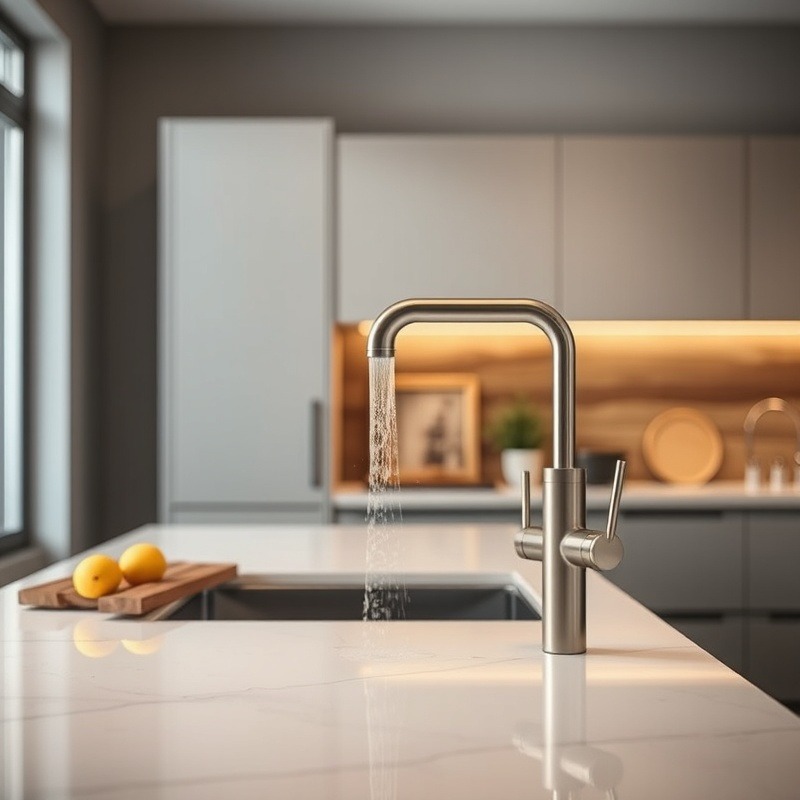
Understanding Faucet Aerators and Their Importance
Faucet aerators are small yet fundamental components mounted on the end of faucets. These devices are designed to mix air with the water flow, ensuring a steady stream and minimizing water usage without sacrificing pressure. While aerators enhance water efficiency and quality by trapping debris, they can also collect potentially harmful materials, including lead particles, especially in homes with older plumbing systems.
Why Regular Aerator Cleaning Matters
Maintaining clean faucet aerators is crucial for several reasons:
Preventing Lead Exposure: Lead contamination can occur when corroded plumbing materials release lead into your water supply. Aerators act as a catchment for these particles, increasing the risk of lead exposure through everyday water usage. Regular cleaning of aerators helps mitigate this risk.
Maintaining Water Quality: Over time, sediments and mineral deposits accumulate, potentially harboring bacteria and other contaminants. This not only affects water flow but also compromises water safety and cleanliness.
Extending the Aerator’s Longevity: By clearing build-up, you ensure your aerator remains effective and durable, which contributes to better water pressure and quality over time.
Indicators Your Aerator Needs Attention
It's relatively simple to know when your faucet aerator requires a clean. Watch for these signs:
Noticeably reduced water pressure.
Uneven water distribution or splashing.
Discolored water, hinting at trapped rust or sediments.
Foul smells coming from the faucet.
Frequency of Cleaning for Optimal Results
For households using older plumbing or in areas with hard water, cleaning faucet aerators every 3 to 6 months is ideal. In cases where lead contamination is a concern, more frequent maintenance might be necessary.
Transforming the Simple Task into a Routine
Regularly cleaning your faucet aerators might seem like a trivial task, but it's an essential routine in reducing health risks and maintaining water quality. With consistent attention, this small effort can lead to significant improvements in both efficiency and safety for your household.
Concluding Thoughts
In conclusion, keeping your faucet aerators clean is not merely a matter of maintaining optimal water flow but also a critical step in protecting yourself and your family from potential contaminants, including lead.
The Environmental Protection Agency highlights the importance of using efficient aerators to reduce water consumption without compromising performance, further emphasizing why this maintenance should be part of your home care routine.
For more in-depth insights into the importance of regular aerator cleaning, you can visit the original article at FaucetWizard: https://faucetwizard.com/how-to-clean-faucet-aerators-to-reduce-lead-exposure/
 Add Row
Add Row  Add
Add 


 Add Row
Add Row  Add
Add 

Write A Comment